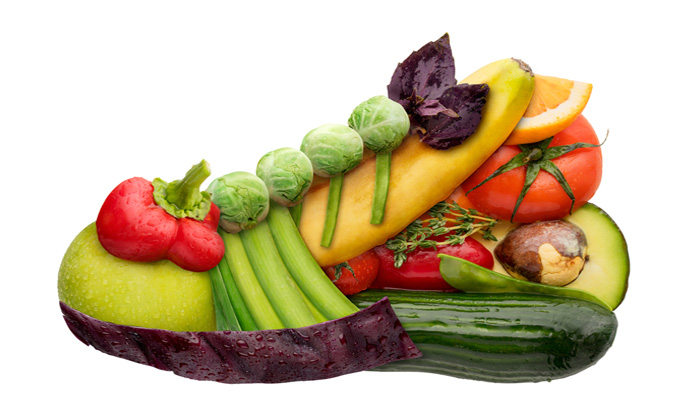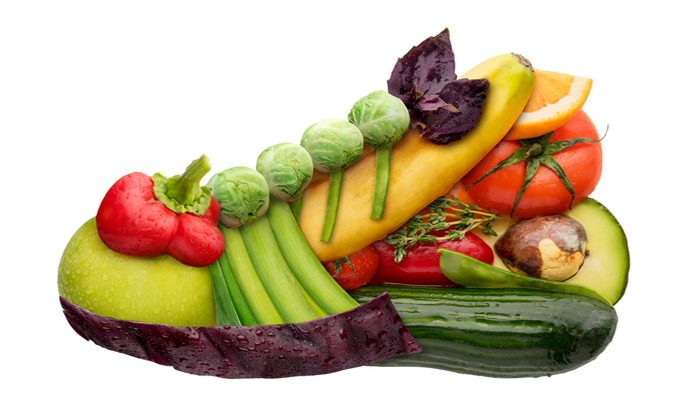
If you have a favorite athlete, you already know that when and what to eat can make a huge difference, whether working out or during competition. Diet and physical activity go hand in hand and are mutually related, for better or worse.
If you prefer working out in the morning, you should have breakfast at least one hour before; most of the energy you got from dinner the night before will be gone, and your blood sugar will be low. Not eating will make you feel sluggish or lightheaded during exercise. No one wants to pass out on the treadmill!
If you can’t wait so long, it’s better to have a light breakfast or just drink something that will boost your blood sugar, like a sports drink. Carbohydrates are an essential way to obtain maximum energy in little time. Filling up before your body has had time to digest the food, and then exercising, could have unpleasant consequences.
Some good breakfast choices include whole-grain cereals or bread, low-fat milk, juice, bananas, yoghurt, even pancakes. Remember, coffee before exercise is also fine, and be careful before trying something for the first time prior to working out, it could upset your stomach.
Another thing to keep in mind is how much to eat before exercise. As a rule of thumb:
-If you just had a snack, wait one hour before you begin your workout.
-If you just had a light meal, wait two or three hours before you work out.
-If you just had a large meal, don’t exercise before three or four hours have gone by.
Overeating before you work out can leave you feeling sluggish, while eating too little might not be enough to keep you feeling strong throughout your routine.
One way is to eat something that’ll give you a quick boost before or even during training, although it all depends on how you feel. Some good snack choices include bananas, energy bars, yoghurt, fruit smoothies, whole-grain cookies, granola bars, and peanut butter sandwiches. Snacks are especially important if you plan on exercising long after a meal.
Eating after a workout is just as important: your glycogen reserves need replenishing, and your muscles won’t recover without those hearty nutrients. Whenever possible, try to eat food that is rich in protein and carbohydrates within two hours of your training session. Pasta and meat, or chicken and rice, are good choices for a post-workout main meal. For a snack, consider having yoghurt with fruit, low-fat chocolate milk, or nuts.
And, obviously, don’t forget to drink fluids. Your body needs fluids before, during, and after each training session so as not to dehydrate. Here are some guidelines:
-Drink between 2 and 3 cups of water (0.5 to 3 quarters of a liter) during the 2 or 3 hours prior to training.
-Drink between 0.5 and 1 cup (0.2 to 1 quarter of a liter) of water every 15 or 20 minutes of exercise (make any necessary adjustment based on body weight and the weather).
-Drink at least 2 cups (0.5 liter) of water for every pound (0.5 kilogram) of weight you lose during the training session.
Normally, water is the best way to replenish lost fluids, but if you’ve been working out for more than one hour, an energy drink is recommended. Sports drinks will help your body maintain its electrolyte level, and provide the carbs needed to keep going.
Naturally, the amount of food and water you ingest will depend on the duration and the intensity of your workout: your body doesn’t require the same amount energy to run a marathon than to go for a stroll. Pay attention to how you feel because each person can react differently to any given activity. As always, remember to adapt these tips to your own characteristics and needs to obtain the best performance.

